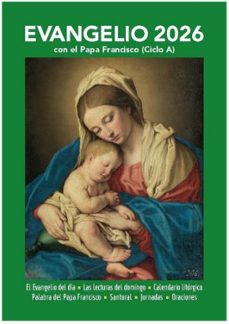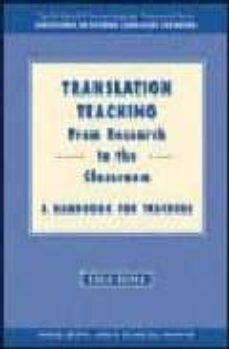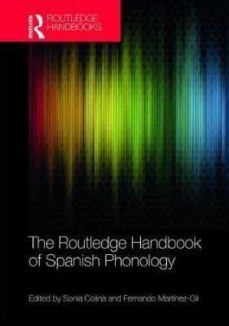Imprescindibles
Más vendidos Libros más leídos eBooks más leídos Todos los libros Todos los libros Autores destacados Series y sagas
Recomendados Libros recomendados Autores destacados Libros que inspiran Vidas con historia LGTBIQ+ English books
Ficción
Literatura Contemporánea Estudios literarios Clásicos Cuentos Poesía Teatro Libros de bolsillo Sagas literarias
Géneros literarios Novela romántica y erótica Novela negra Novela histórica Narrativa fantástica Novela de ciencia ficción Novela de terror Narrativa de humor Narrativa de viajes
No Ficción
Ciencias y tecnología Biología Ciencias Ciencias naturales Divulgación científica Informática Ingeniería Matemáticas Medicina Salud y dietas Formación Idiomas Estilo de vida Libros de Cocina Guías de viaje Narrativa de viajes Deportes Libros de Juegos Manualidades
Humanidades Autoayuda y espiritualidad Ciencias humanas Derecho Economía y Empresa Psicología y Pedagogía Filosofía Sociología Filología Biblioteconomía Estudios filológicos Estudios lingüísticos Estudios literarios Historia y crítica de la Literatura
Infantil
Juvenil
#Jóvenes lectores Narrativa juvenil Clásicos adaptados Libros Wattpad Libros Booktok Libros de influencers Libros de Youtubers Libros Spicy Juveniles Libros LGTBIQ+ Temas sociales Libros ciencia ficción Libros de acción y aventura Cómic y Manga Juvenil Cómic Juvenil Manga Shonen Manga Shojo Autores destacados Jennifer L. Armentrout Eloy Moreno Nerea Llanes Hannah Nicole Maehrer
Libros de fantasía Cozy Fantasy Dark academia Hadas y Fae Romantasy Royal Fantasy Urban Fantasy Vampiros y hombres lobo Otros Misterio y terror Cozy mistery Policiaca Spooky Terror Thriller y suspense Otros
Libros románticos y de amor Dark Romance Clean Romance Cowboy Romance Mafia y amor Romance dramatico Romance dramatico Romcom Sport Romance Otros Clichés Enemies to Lovers Friends to Lovers Hermanastros Slow Burn Fake Dating Triángulo amoroso
Cómic y Manga
Novela gráfica Novela gráfica americana Novela gráfica europea Novela gráfica de otros países Personajes, series y sagas Series y sagas Star Wars Superhéroes Cómics DC Cómics Marvel Cómics otros superhéroes Cómics Valiant
eBooks
Literatura Contemporánea Narrativa fantástica Novela de ciencia ficción Novela de terror Novela histórica Novela negra Novela romántica y erótica Juvenil Más de 13 años Más de 15 años Infantil eBooks infantiles
Humanidades Autoayuda y espiritualidad Ciencias humanas Economía y Empresa Psicología y Pedagogía Filosofía Historia Historia de España Historia Universal Arte Cine Música Historia del arte
Ciencia y tecnología Ciencias naturales Divulgación científica Medicina Salud y dietas Filología Estudios lingüísticos Estudios literarios Historia y crítica de la Literatura Estilo de vida Cocina Guías de viaje Ocio y deportes
SONIA COLINA
Recibe novedades de SONIA COLINA directamente en tu email
Filtros
Del 1 al 2 de 2
MCGRAW-HILL 9780072487091
This new title in the McGraw-Hill Second Language Professional Series contributes to the emerging new discipline of Translation Studies, and, more specifically, to translation pedagogy. As such it connects theory and research to teaching practice through a pedagogical framework that serves as the foundation for teacher education and preparation. While it has as a goal the explanation of relevant theoretical and empirical research, its more encompassing objective is to serve as a handbook for the training of translation teachers. The result is a systematic methodology of translation teaching that replaces the anecdotal approaches that have been dominant in this field.
Ver más
Tapa blanda
ROUTLEDGE 9780415785693
The Routledge Handbook of Spanish Phonology brings together leading experts in Spanish phonology to provide a state-of-the-art survey of the field.The five sections present current research on the phonological structure of Spanish including the most prominent segmental processes, suprasegmental features, the ways Spanish phonology interacts with other modules of grammar, the acquisition of Spanish phonology by first and second language learners, and an analysis of phonological variation and sound change.This volume provides comprehensive and detailed coverage of Spanish phonology. It addresses major burning questions and pressing issues that have arisen in the study of Spanish phonology, and is an essential reading resource for graduate students and researchers in the field.
Ver más
Tapa dura
Del 1 al 2 de 2


























